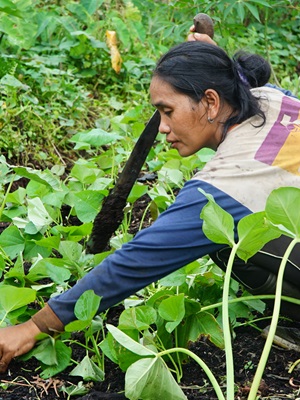There are few rebellions more radical than existing on your own terms.
In every city, a skyline hides another architecture—one built not of steel or stone, but of assumptions, privileges, and silences. It is this invisible scaffolding, passed down from laws, habits, and unspoken rules, that determines which bodies feel safe in public, which voices carry weight, and which lives are allowed to flourish.
We talk about injustice as if it’s an event. A police shooting. A slur. A wage gap. But injustice is not an anomaly. It is a system functioning exactly as it was designed. And the most dangerous part of it is how normal it feels to those not crushed under its weight.
Modern inequality is no longer always enforced with whips and chains—it’s maintained with zoning laws, school catchments, biometric surveillance, and algorithmic bias. It’s an HR policy that penalizes Afro-textured hair. A refugee application rejected on the basis of “inconsistency.” A job requirement of “perfect English.” In each instance, the harm is quiet, but cumulative—deepening the trenches that separate who belongs and who survives.
Identity has become the front line of today’s culture wars. Across continents, skin colour still forecasts one’s sentence before the trial; gender remains an exhausting tug-of-war between agency and permission; and sexuality, caste, religion, language, and even clothing signal whether you belong—or must fight to. But the deeper war is quieter. It’s the unspoken battle between how the world sees you and how you see yourself. Systems were never neutral. The law has always tilted toward some bodies and away from others. Consider how indigenous land rights are treated as "claims" while corporate land grabs are seen as investments. Or how women’s pain is underdiagnosed in hospitals while men’s aggression is excused in boardrooms. These aren't exceptions. They're design flaws that we mistake for accidents.
But systemic change requires more than performative outrage. Allyship cannot just be aesthetic. Community cannot be cosmetic. Justice cannot be ceremonial.
Take the global education gap. For every polished UN campaign photo, there’s a girl sitting on a cracked school floor without a teacher. A report by UNESCO estimates that 244 million children and youth are out of school globally—most of them girls, rural, disabled, or from minority groups. The barriers are not just financial, but social. Child marriage, lack of toilets, safety concerns, and parental norms form an ecosystem of exclusion. Fixing this is not just about building schools—it’s about dismantling the values that told us some minds are worth less.
Or consider the climate crisis. The countries that pollute the least are the ones drowning first. Small island nations contributed little to global emissions, yet are the first to lose land, language, and livelihood. Meanwhile, industrialized nations offer diluted climate pledges and carbon offsets that preserve their economies while exporting the consequences.
From queer pride parades in Delhi to Black Lives Matter murals in Minneapolis, from feminist protests in Tehran to Indigenous land rights movements in Australia, the silenced are refusing to be spoken for. They are speaking up, and speaking in languages that institutions struggle to decode—because these voices carry truth, not polish. And truth, especially when spoken by the marginalized, has always been revolutionary.
So, what do we do?
We stop treating justice like charity. The language of “helping the less fortunate” suggests misfortune, not design. It implies accident, not architecture. Instead, we must embrace a politics of accountability—where power is not just shared symbolically, but surrendered materially. That means reparations. Land return. Redistributive policies. Education reform that centers indigenous knowledge and lived experience. Legal frameworks that recognize intersectionality as more than an academic concept, but as a lived reality.
Most importantly, it means redefining who “the people” even are. Too often, democracy becomes a numbers game that benefits the majority at the expense of the margins. But real progress doesn’t come from consensus—it comes from the courage to center the excluded. From recognizing that freedom is not divisible. If one group’s liberation is delayed, all of ours is.
The truth is this: justice will never be convenient. It will require discomfort. It will require all of us to stop mistaking silence for peace.
Because the world doesn't change when the oppressed speak. It changes when the comfortable finally listen.
We are not just telling stories. We are reshaping the lens itself.
And that, perhaps, is the most radical act of all.
Posted 04/09/2025

















